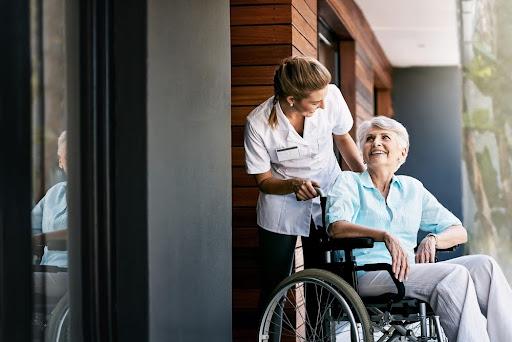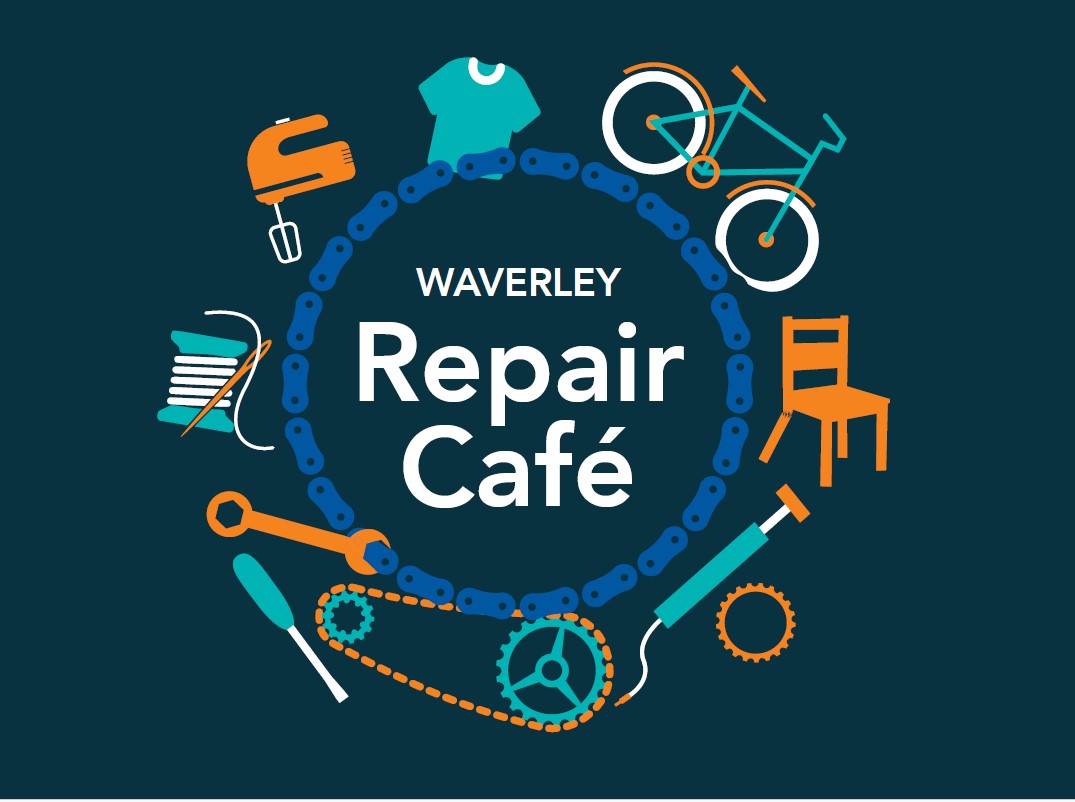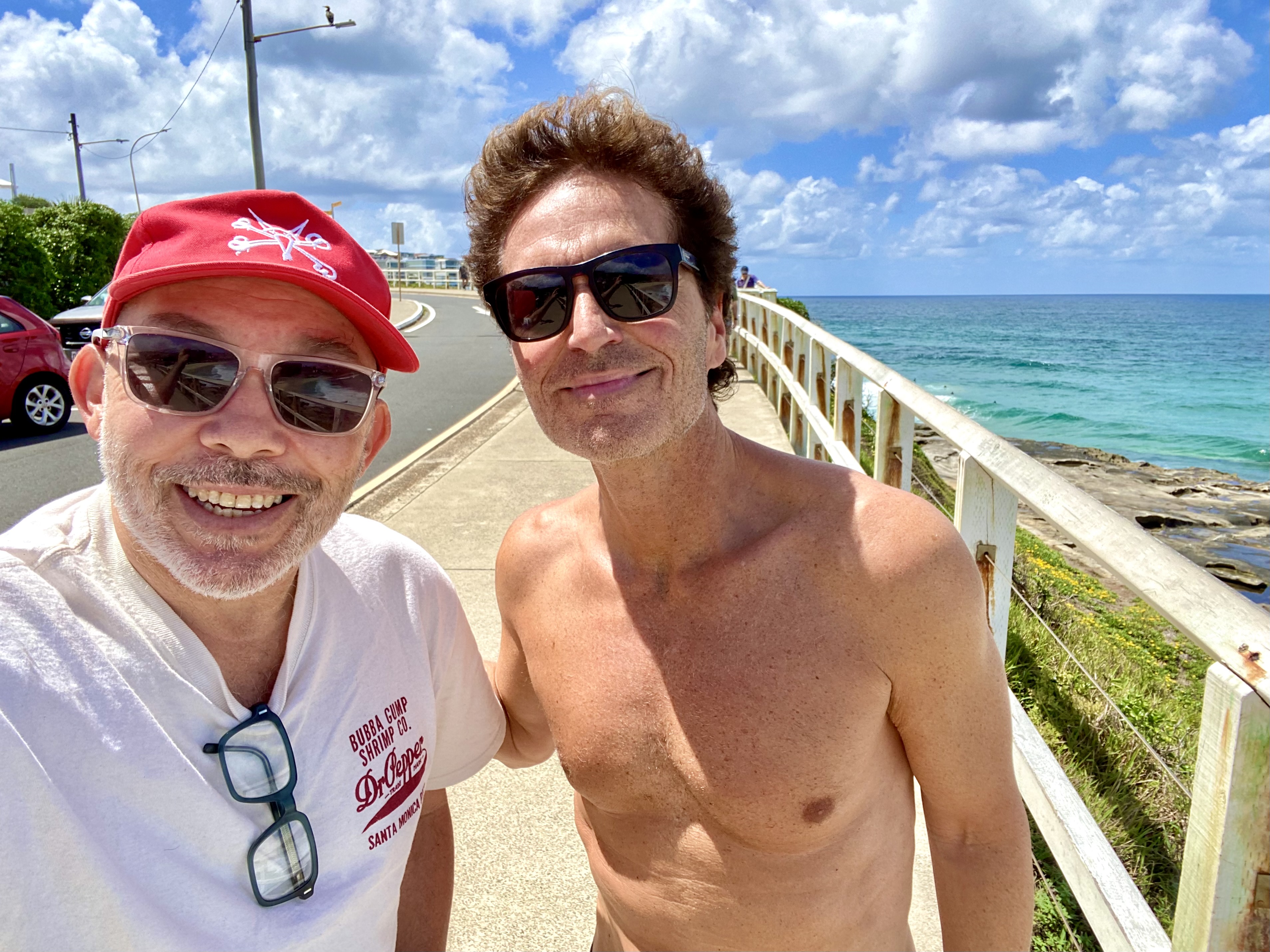
Are you on the hunt for in-home elderly care providers for your parents or grandparents? As our beloved family members enter their golden years, navigating the world of in-home care can feel like a mission. You’re balancing responsibilities, weighing options and trying to make the right choices to support the people you care about most. The right care provider can lift a huge burden off your shoulders and make all the difference for your family.
Whether you’re already knee-deep in the process or just beginning to research, it’s worth knowing what to look out for when selecting someone to care for your ageing loved ones. Qualifications and skills, compassion and cultural fit — there’s a lot to consider. So, let’s break it down so you know what to look for, without all the overwhelm.
-
Qualified Professionals with Recognised Training
When you’re inviting someone into your home to care for your loved ones, their qualifications matter. You’re not merely hiring a helping hand — you’re trusting someone with your parent or grandparent’s well-being. One key qualification to look for is the CHC43015 Certificate IV in Ageing Support. This nationally recognised certification ensures that the provider has received training in areas such as personal care, assistance with medications and understanding the specific needs of older Australians.
But beyond just ticking the qualification box, make sure you dig a little deeper. Inquire about their experience with elderly clients and how they address typical challenges, such as mobility issues or cognitive decline. A care provider with proper training and hands-on experience is not just there to “get the job done.” They’re equipped to handle complex situations with professionalism, empathy and skill — attributes that are priceless when it comes to your family members.
-
Genuine Connection and Personalised Care
Let’s face it: your loved ones are not only another client or to-do item on someone else’s list. They deserve a care provider with whom they can build a genuine connection and who is willing to take the time to fully understand their individual needs. This isn’t just about being friendly (which definitely doesn’t hurt), but patient, compassionate and someone who has committed themselves to providing care that feels personal.
A good home care provider doesn’t force your loved one into a cookie-cutter routine. Instead, they adapt to their preferences — whether it’s how they like their morning tea, their favourite TV show or the hobbies they enjoy. Remember, this level of individual attention is not just a luxury. It can actually make a significant difference to your loved one’s general well-being and mental health.
When you’re interviewing prospective providers, don’t be afraid to ask how they customise their approach to individual clients. Do they make a genuine effort to learn about the person they’re caring for? Do they encourage activities that bring joy and a sense of purpose? Small details can say a lot about the quality of care they provide.
-
Support for Independence and Dignity
Retaining independence in retirement is one of the biggest concerns for many ageing Australians. The truth is that our parents or grandparents don’t want to be treated as if their lives are trickling away — just because they’re getting on in age doesn’t mean they’re invalid. A good in-home care provider knows this and focuses on enabling their autonomy, not taking it away.
This could be as simple as going for walks with them, encouraging light exercises or assisting with small household chores instead of doing everything for them. It can also mean granting them agency over their daily life, like what they eat or what they wear. This kind of support preserves their dignity and keeps them involved in their own lives.
When interviewing care providers, ask about their approach to fostering independence. Look for a caregiver who lets your loved ones do what they’re capable of doing while helping them do the other things that they need help with. And keep in mind, it’s not only about physical tasks — it’s also about emotional health and the pride that comes with being able to remain independent.
-
Strong Communication Skills
Caring for your loved ones doesn’t happen in a vacuum — it’s a partnership between you, the care provider and sometimes other family members or medical professionals. That’s where communication plays a role. The right in-home care provider keeps you in the loop, whether it’s about changes in your loved one’s health condition, their progress on the care plan you crafted together or how their day went.
This also extends to how they interact with your loved ones. Do they take the time to listen and understand their needs, even if it takes a bit of extra patience? When someone is compassionate and respectful, it builds trust — and that is important when you’re relying on them to take care of someone you love.
If you’re able, have a candid conversation with the provider before signing on the dotted line. Ask about how they handle feedback or communicate concerns. Transparent, two-way communication can make all the difference in ensuring the care your loved one receives is consistent and meets everyone’s expectations.
-
Flexibility to Adapt to Changing Needs
Ageing is a journey, and no two days are ever exactly the same. What your loved one needs today could look very different six months or a year from now. That’s why it’s crucial to work with a provider who is flexible and can adjust their approach as things develop.
This could mean stepping in to provide additional support during illness or progressing from general daily help to more in-depth care in response to changing health needs. Look for a provider who has experience handling a range of scenarios and can adjust their services in accordance with your loved one’s needs.
This adaptability ensures continuity of care which is incredibly important for ageing individuals who truly thrive on routine and stability. The last thing you want is to have to switch providers halfway through because they can’t meet your family’s growing needs.
-
Respect for Cultural and Family Values
Australia is a beautifully diverse country, and that diversity extends to the values and traditions of each family. A good provider honours and accommodates these differences, taking the cultural norms and practices of your family into account.
This could include making meals in a way that respects dietary preferences, ensuring that religious practices are observed, or just being sensitive to how your loved one wants to live their day-to-day life. Don’t be afraid to ask potential providers if they’ve worked with families of diverse backgrounds, or if they’re open and willing to learn and adapt to your family’s needs.
Final Thoughts
Finding the right in-home elderly care provider can feel like a lot, but remember you’re not in this alone. At the end of the day, you’re not just hiring a service — you’re welcoming someone into your family’s life. The right provider will bring comfort, connection and confidence into your parent or grandparent’s daily routine, while also giving you peace of mind. It’s a deeply personal decision, so trust the process, ask the important questions and remember that your loved one’s care is worth the effort it takes to find the perfect match.







